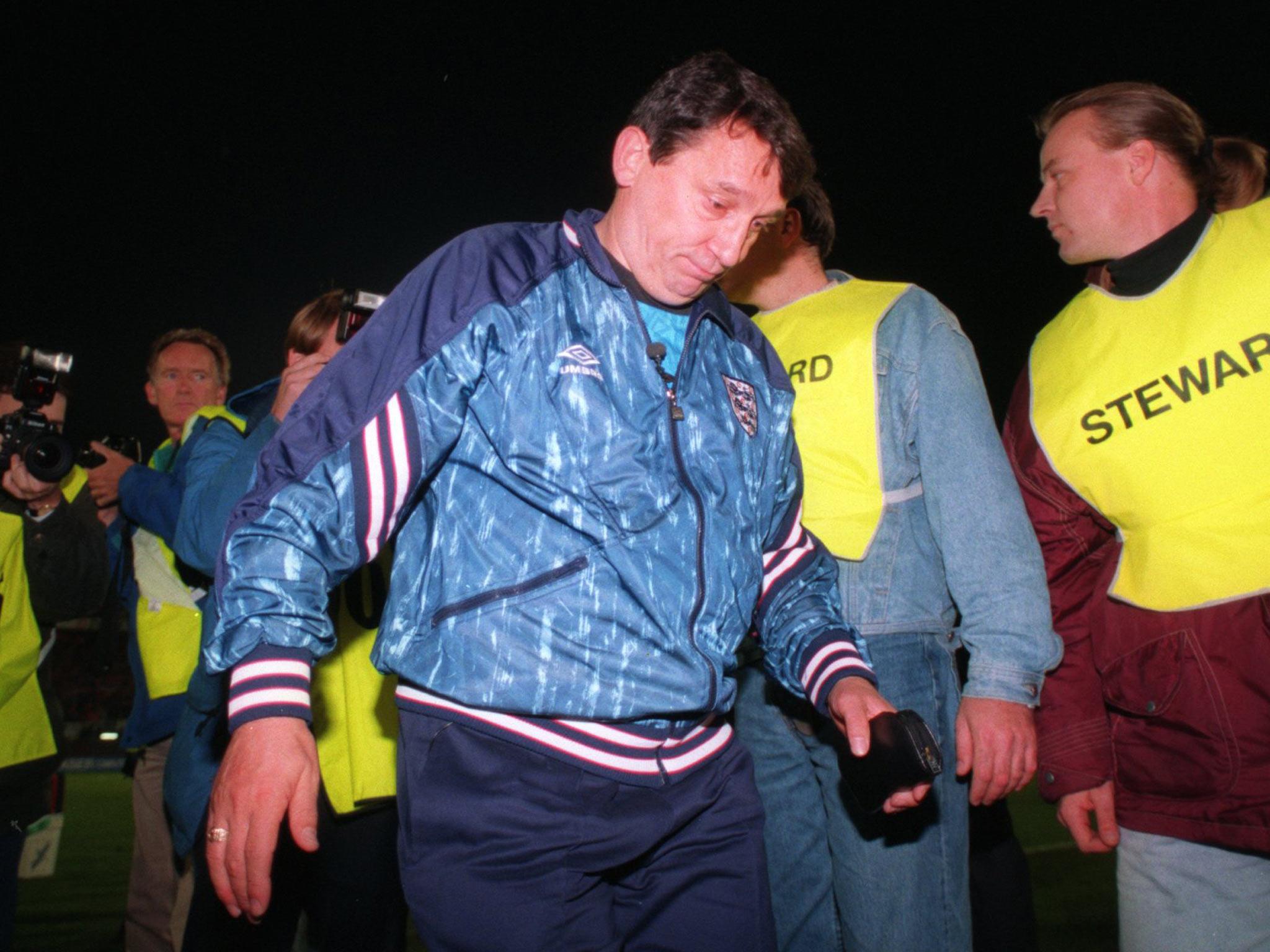Transparent, without facade and so utterly humane - the incomparable Graham Taylor
The former England manager should be remembered not just as a fine coach but a wonderful human being

The story came down second or third hand on Thursday but it surely encapsulated what Graham Taylor brought to football. It was about a Watford supporter who had hurled some terrible abuse at him from the stands at Vicarage Road each week, until the day that Taylor had enough, walked up to the fan and said that if he thought he could do better then he would buy him lunch and give him the opportunity to explain exactly how.
The individual in question accepted and, improbably, became a family friend of the Taylors. It meant that the supporter’s young son sometimes visited Taylor with his father and told his friends at school, who didn’t believe him. So Taylor wrote a letter verifying the son’s visit, so he could show them.
The point about the story is that nobody knew and it is that utter lack of façade, pomposity and self-promotion in Taylor which those of us who knew him just a little have reason to mourn with his passing. We have long since occupied in a world where the number of individuals employed to smooth out and confect an image of the game’s participants has surpassed those who actually chronicle it. Yet Taylor had no desire to create an image of himself. He just did not have that in him. There was never an ulterior motive.
“I see so many people going onto TV to give an impression of themselves. And it’s not them,” he said years after agreeing to that 1993 film – ‘The Impossible Job’– which was ultimate manifestation of transparently laying bare your football soul. “For better or for worse, in that particular environment, in that particular time, that film was me.”
Of course, the newspapers used it to knife him. It was pretty much an open goal, and one they hardly needed because signing on the line as England manager, as Taylor did for those three unhappy years from 1990, is pretty much scribbling your name across a death warrant. The manager Kenny Jackett, who knew Taylor, always remembers seeing first-hand that extreme reaction to managerial failure with England. “I mean, it was as if the whole country hated him,” Jackett said. “The disrespect is so complete that you almost have to go abroad. You get stick for a while, then it rolls around to someone else. It’s only then that you start to get a few backhanded compliments about your ability to bounce back.”
After news of the 72-year-old’s death on Thursday, it emerged from the director of The Impossible Job, Ken McGill, that Taylor being mike-ed up was not originally part of the deal and that McGill decided to chance his arm and ask, once filming had begun. To his immense surprise, Taylor said ‘yes.’
How we laughed at ‘Do I not like that’ and ‘I’m a metre. I’m a metre’ and, less well remembered, the dressing room team talk: “We are looking for the win but we are certainly not looking to be beaten because then, yes, we are even-steven…” Yet to watch that watch some of that film back is to remember candour we will never know again. In today’s rarefied, confected, bloated game, the FA would not allow filming like that.
Some of those quotes were quite wonderful, actually, telling what a supremely likable and humane man Taylor was. Someone remembered the one when he confronted fans berating John Barnes. "That's another human being," he told them.
He loved football, too. Taylor was back into the game barely a year after England sacked him and was soon dodging bullets once more. He wound up back at Aston Villa, where he thought he’d avoided the ignominy of a particularly bad defeat to Birmingham City after boarding a plane, for a conveniently scheduled flight. The aircraft had just taken off when a quite large man settled himself into the seat next to Taylor. “What happened to the Villa then?” he asked.
Taylor always claimed that nothing could cut him quite like his early days at Lincoln – 28-years-old, semi-detached house, mortgage, two children under four, and a lot of people shouting ‘Taylor out, Taylor out.” But you could read this man like a book, so there really was no disguising how those three years with England were the ones he takes to the grave.
“It hurts,” he said later. “And that is what really, really annoys me about other people – they have no recognition of how much it hurts you. They think you don’t care – and those people that know it hurts you, they put the knife into you so it hurts you even more. I wanted so much to be successful. I wanted us to win the World Cup.”
Subscribe to Independent Premium to bookmark this article
Want to bookmark your favourite articles and stories to read or reference later? Start your Independent Premium subscription today.

Join our commenting forum
Join thought-provoking conversations, follow other Independent readers and see their replies